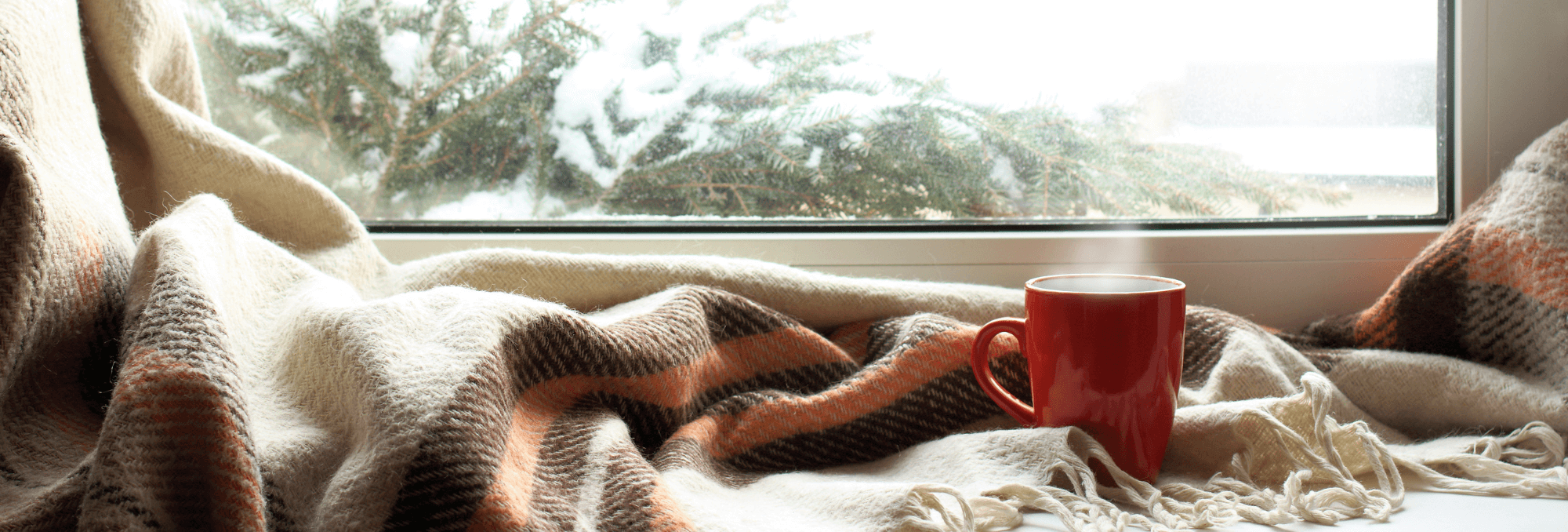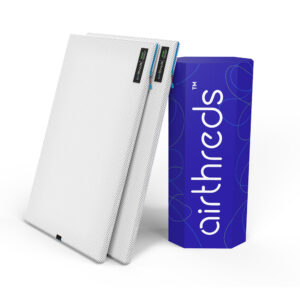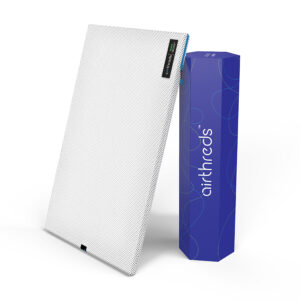How to Prep Your HVAC Unit for Winter

Winter can be a rough time on your HVAC system. Preparing it for the harsh weathers of winter can ensure your unit will work seamlessly throughout the season. Here are some of the best ways to make sure you can rely on your HVAC unit this season without a hitch.
Schedule seasonal maintenance
In almost all cases, preventative treatment is better than the solution to fixing something that goes wrong. So, it makes sense to schedule seasonal maintenance appointments before harsh summers and winters. Your HVAC will thank you for making this a date to remember on your calendar.
Speaking of preventative care… covering your AC unit can help protect it from bad weather and any outdoor debris from getting trapped in your unit. You can find a covering for your unit at almost any home-improvement store.

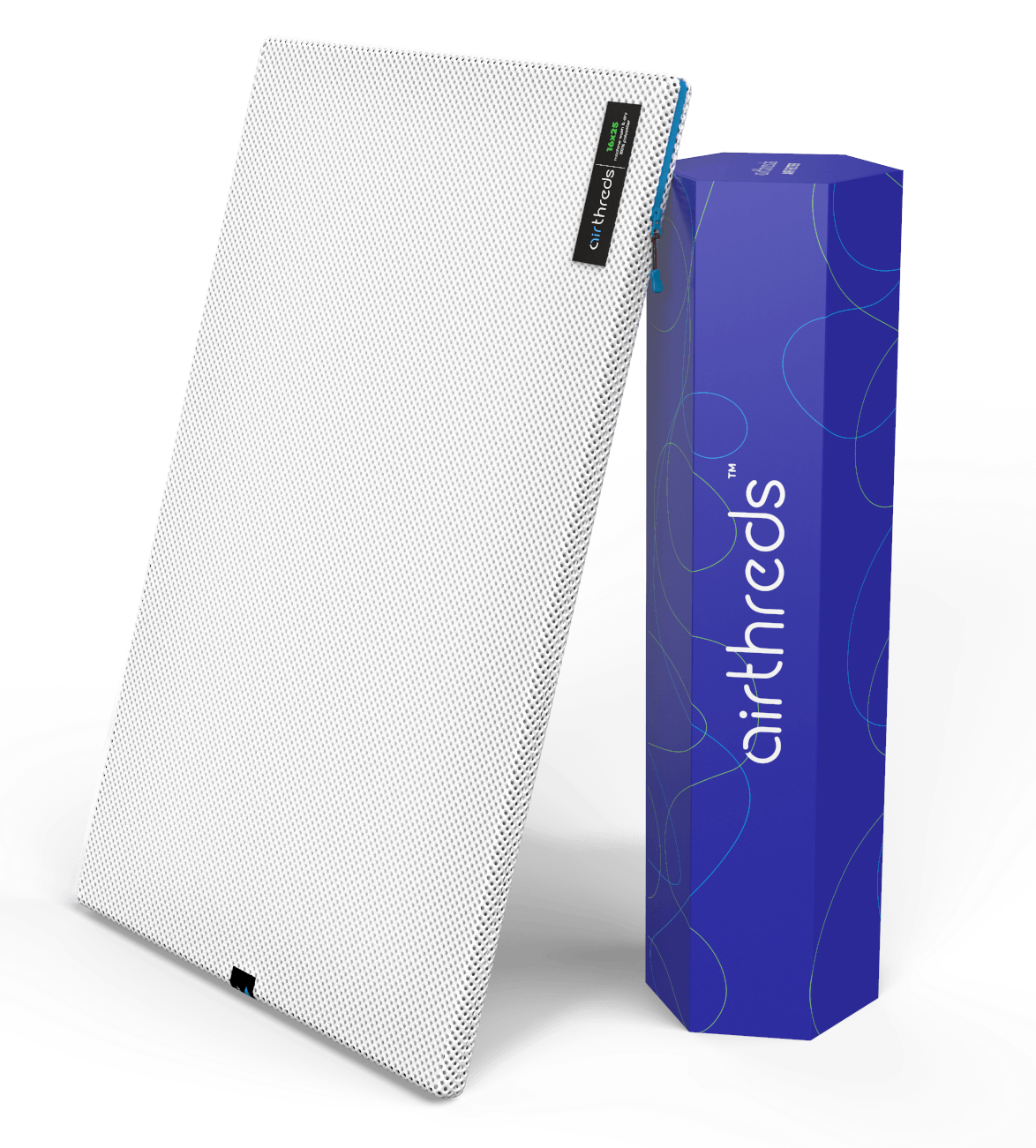
Make sure your vents and air filters are clean
One of the most paramount things when it comes to HVAC maintenance is making sure your vents and air filters are clean. If you have dirty air filters, not only can indoor air pollutants linger in your home, but it also results in your HVAC working unnecessarily harder than it should.
Typically, your air filters should be replaced every 30-90 days depending on a number of factors, such as your air filters MERV rating, allergies, and more. Using a washable and reusable air filter like our AirThreds makes this maintenance job as easy as remembering to simply toss your air filter in the wash.
Also, don’t forget to clean the exterior of your unit! Cleaning up any surrounding debris and washing off the unit clears away any dirt or dust that can get clogged in your unit.
Find ways to improve ventilation
If you want extra fresh air circulated around the house, you are likely to reach to open the windows. However, during chilly seasons like winter and even fall, this isn’t so much of an attractive option.
Did you know that most ceiling fans also have a “winter” mode? Winter mode for fans will reverse the direction the blades rotate. This mechnicac results in the cold air being pulled up and the warm air will be pushed downwards to help you feel more of the heat instead of the heat lingering at higher levels.
What about all that precious heat escaping in the winter? On average, houses lose up to 10% of their heat through poorly ventilated windows. Although this initially is a pricier option, replacing any old windows and doors with signs of wear can significantly reduce your energy costs. Swapping out your old window panes with ENERGY STAR certified products can save you up to $583 annually and up to 6,205 pounds of carbon dioxide.
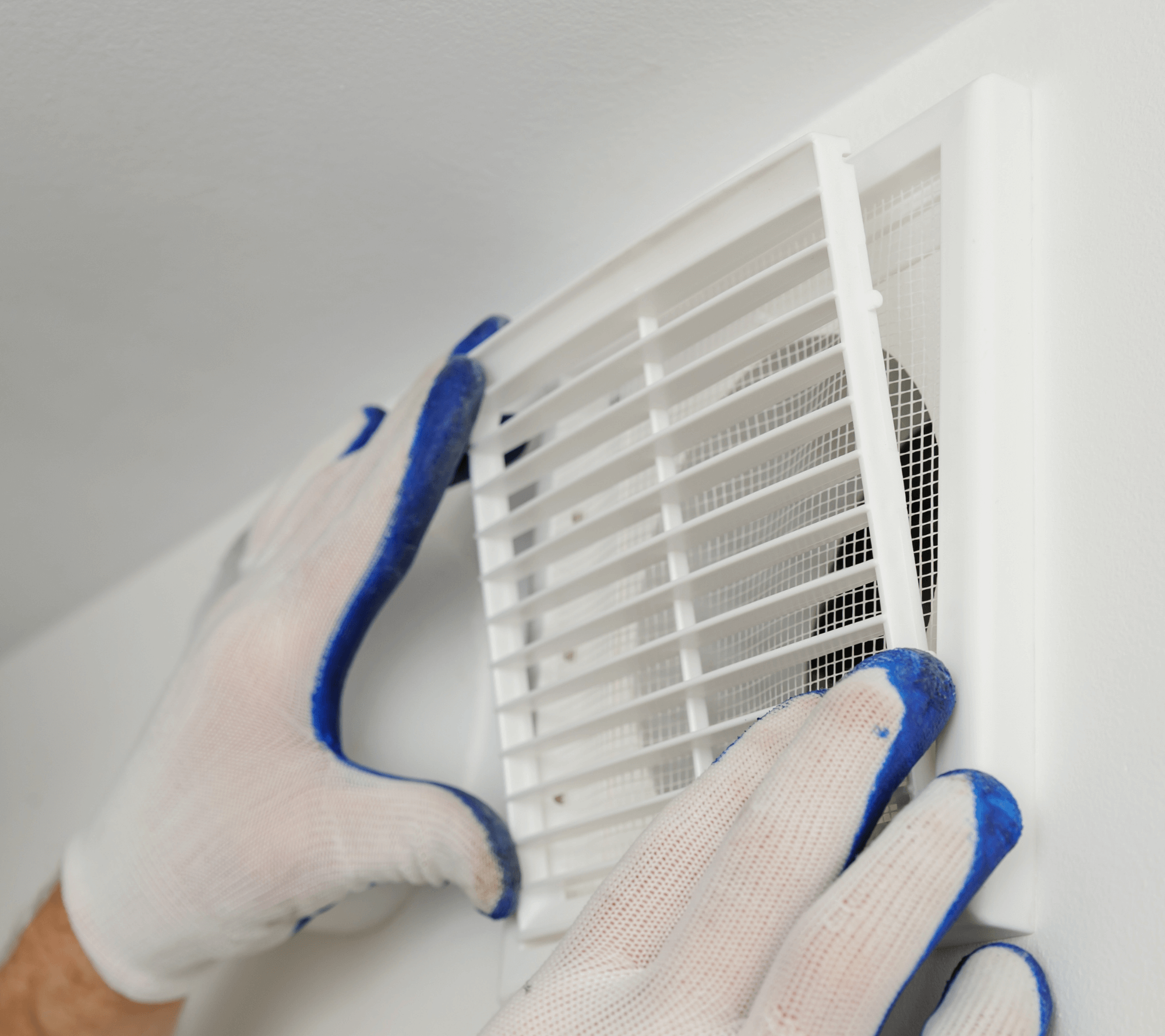
Although these tips are specified for winter, you can feel free to take extra measures in the name of preventative care for your HVAC unit! Every season has its own best practices in preparation, but with consistent care it should be a breeze to maintain a highly efficient HVAC system year round.
